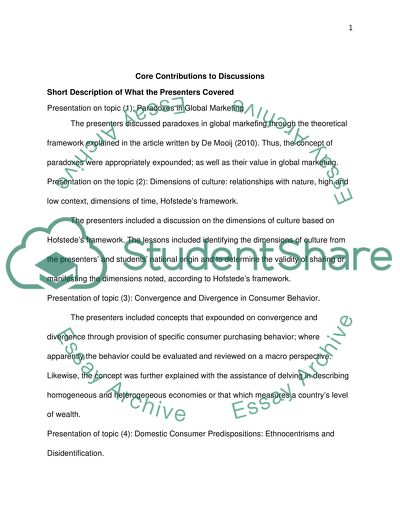Topics Discussed in Class - My Participation in Class Assignment. Retrieved from https://studentshare.org/marketing/1483168-topics-discussed-in-class-my-participation-in
Topics Discussed in Class - My Participation in Class Assignment. https://studentshare.org/marketing/1483168-topics-discussed-in-class-my-participation-in.


